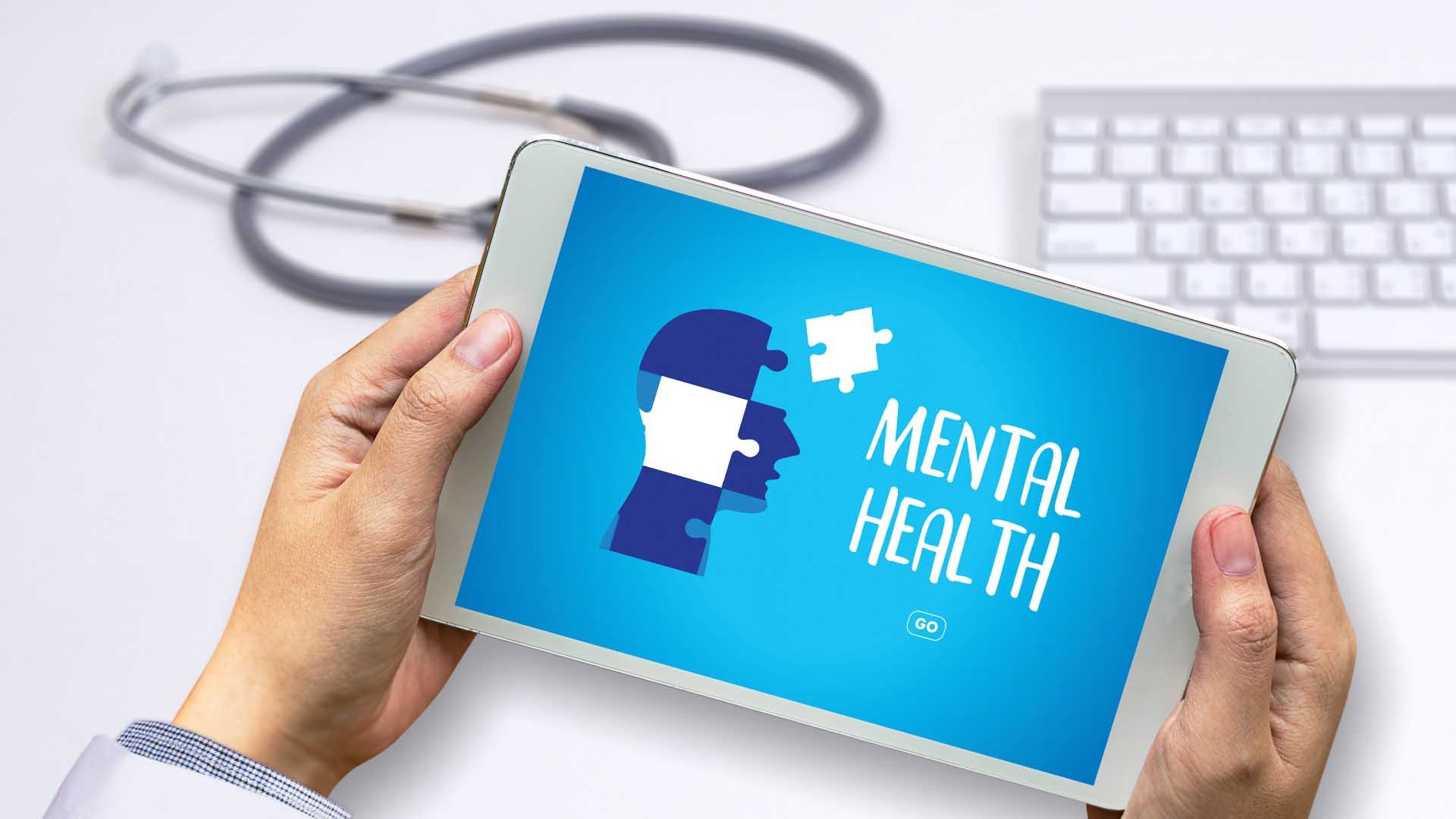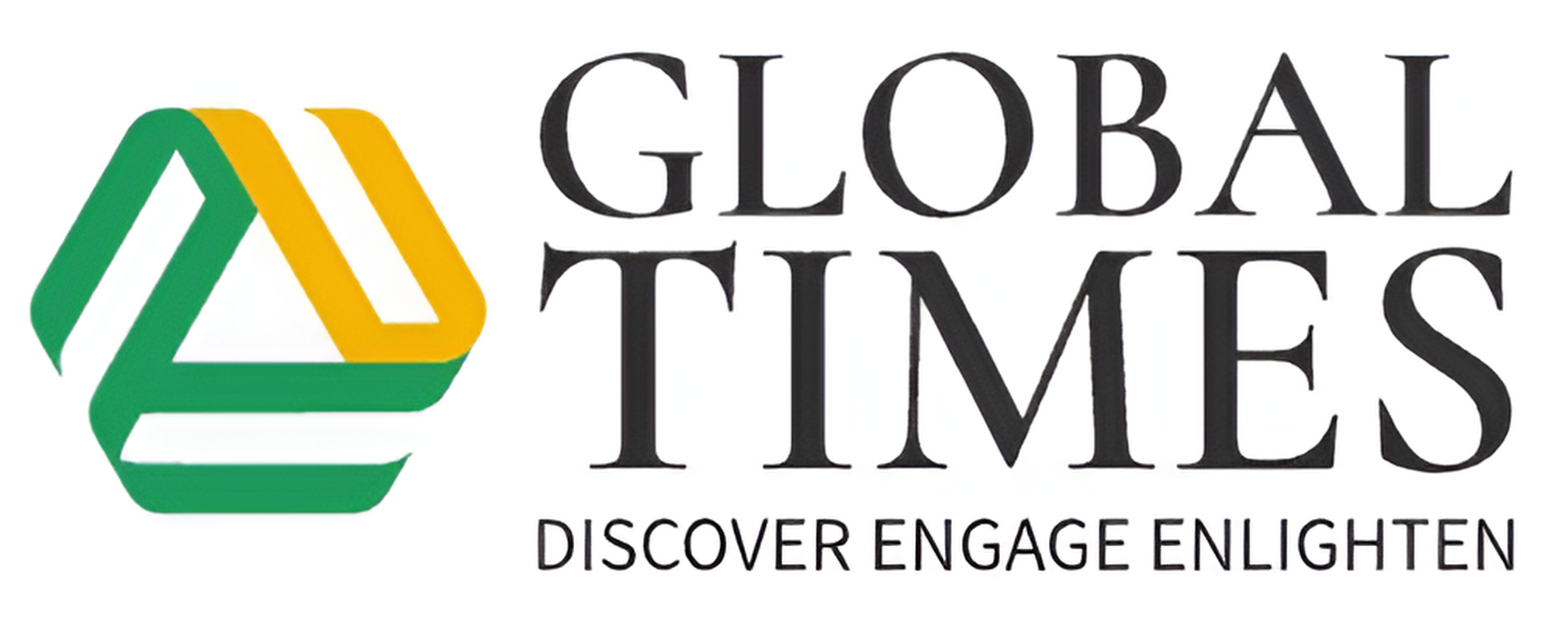Technology
Calming the Chaos: Tech Solutions for Mental Wellbeing

In today’s fast-paced world, mental health concerns are on the rise. Anxiety, stress, and depression affect millions of people globally. Fortunately, technology is emerging as a powerful ally in the fight for mental well-being. A wave of innovative apps and platforms is offering accessible, convenient, and personalized tools to support mental health.
Understanding Tech Solutions for Mental Health:
Tech solutions for mental health encompass a wide range of apps, platforms, and online resources designed to:
- Provide Psychoeducation: These tools offer information about various mental health conditions, coping strategies, and resources for professional help.
- Self-Management and Skill Building: Many apps offer guided exercises, mindfulness techniques, and cognitive behavioral therapy (CBT) programs to help users manage symptoms of anxiety, depression, and other mental health conditions.
- Journaling and Mood Tracking: Digital journaling apps allow users to track their moods, thoughts, and triggers, providing valuable insights into their mental well-being.
- Community and Support: Online communities and forums can connect individuals with others facing similar challenges, fostering a sense of belonging and support.
Real-Life Example: Meditation Apps for Stress Management
Meditation has been shown to be effective in reducing stress and improving mental clarity. Numerous meditation apps offer guided meditations for beginners and experienced practitioners alike, making this practice more accessible than ever before.
Benefits of Tech Solutions for Mental Health:
These tech solutions offer a multitude of benefits for individuals seeking to improve their mental well-being:
- Accessibility: Mental health apps and platforms are available on smartphones and tablets, providing convenient and on-demand support. This is particularly helpful for individuals living in areas with limited access to mental health professionals.
- Affordability: Many mental health apps offer free tiers or subscription models that are often more affordable than traditional therapy sessions.
- Anonymity: For individuals hesitant to seek professional help due to stigma, these apps can provide a safe and anonymous space to learn coping mechanisms and manage their mental health.
- Personalization: Many apps offer personalized programs and recommendations based on individual needs and preferences.
- Self-Monitoring and Tracking: Mood tracking features allow users to monitor their progress and identify areas for improvement.
Challenges and Considerations for Tech Solutions:
Despite their benefits, there are challenges to consider:
- Not a Replacement for Professional Help: These tech solutions should not be seen as a replacement for professional therapy. For individuals with severe mental health conditions, seeking help from a qualified mental health professional remains crucial.
- Privacy Concerns: Mental health apps collect user data, raising concerns about data privacy and security. It’s important to choose apps with robust privacy policies and understand how your data is being used.
- Potential for Misdiagnosis or Overreliance: Apps are not designed to diagnose mental health conditions. Overreliance on self-diagnosis or self-treatment through apps can be detrimental.
- Tech Dependence: There’s a risk of becoming overly reliant on technology for mental well-being. A balanced approach that incorporates other self-care practices and real-world connections is essential.
The Future of Tech Solutions for Mental Health: A Collaborative Approach
As technology continues to evolve, so will the capabilities of mental health apps and platforms. Here’s a glimpse into what the future holds:
- Artificial Intelligence (AI): AI-powered chatbots can offer basic support, triage user needs, and guide them towards appropriate resources. AI can also personalize interventions and adjust programs based on user progress.
- Virtual Reality (VR): VR experiences can be used for exposure therapy, helping users confront phobias and anxieties in a safe and controlled environment.
- Biofeedback Technology: Biofeedback apps can track physiological responses like heart rate and skin conductance, allowing users to learn how to manage their stress response through relaxation techniques.
- Integration with Wearable Devices: Mental health apps could integrate with wearable devices like smartwatches to track sleep patterns, activity levels, and physiological data, providing a more holistic view of user well-being.
Real-Life Example: Using VR for Exposure Therapy with Heights
Imagine someone terrified of heights using VR therapy to gradually confront their fears in a virtual environment. This innovative approach can help individuals overcome phobias in a safe and controlled setting.
Collaboration for Better Mental Health:
The future of tech solutions for mental health lies in collaboration:
- Tech Developers and Mental Health Professionals: Collaboration between tech developers and mental health professionals is crucial to ensure the evidence-based effectiveness and ethical design of these apps.
- Integration with Traditional Healthcare: Mental health apps and platforms can be integrated into traditional healthcare systems, providing additional support and resources to patients between therapy sessions.
- Focus on Equity and Accessibility: Tech solutions should be designed with inclusivity in mind, ensuring accessibility for individuals with disabilities and those from diverse socioeconomic backgrounds. Language translation features and affordability initiatives can help bridge the gap and ensure everyone has access to these tools.
Conclusion: Empowering Well-being in a Digital Age
Technology offers a promising path towards improving mental health and well-being. By harnessing the power of apps, platforms, and innovative tools, we can create a future where mental health support is accessible, affordable, and empowering. However, it’s crucial to remember that these tools are best utilized alongside traditional therapy, self-care practices, and a focus on building healthy real-world connections.
Here are some additional thoughts to consider for your blog post:
- The Importance of Self-Care: Mental health apps can be a valuable addition to a self-care toolkit, but they should not replace other healthy practices like exercise, healthy eating, and getting enough sleep.
- Combating Stigma: Technology can play a role in destigmatizing mental health by providing open access to information and fostering supportive online communities.
- The Power of Personalization: The future of mental health tech lies in personalization. Imagine AI-powered apps that tailor interventions and support to each user’s unique needs and preferences.
